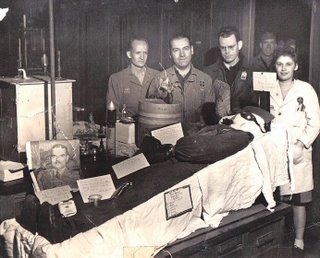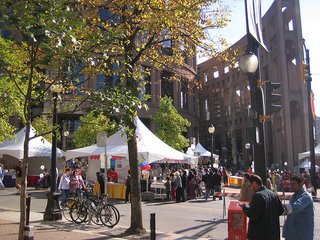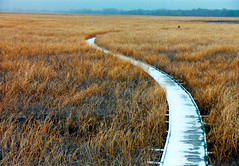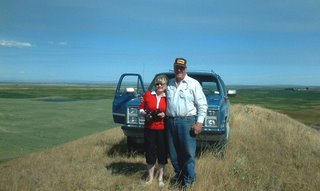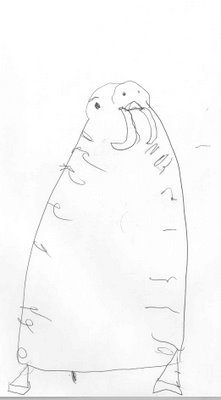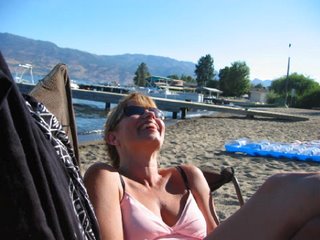Buying Time

by
Patricia Parkinson
Time, I want to talk about time, the lack of time, and how we as writers, as workers, as perhaps parents or girlfriends or wives or mothers of our own mothers try to find this time.
As a wife/mother/worker/writer woman (so many "w's") person - interesting how writer came at the end, anyway, time is valuable, time is fleeting, time is something that is always leaving, it abandons us, one can't earn it, yet, I think somehow I can. which is why last Thursday night, the night before my one day off, I was up until two in the morning doing laundry, setting the table and getting dinner ready for the next day, cleaning toilets, all so I could have the next day to myself to write. There could be no excuses. All my chores were done. Nothing stood in the way of accomplishing my goal of lounging in the last of my Indian summer days, God, Indian summers on the west coast of British Columbia are amazing and a secret so don't come!..lolololol … I even wore my bathing suit all day. All day. Were you wearing a bathing suit in your backyard last Friday? And yes, it was the suit. I had found a way to buy time.
It started well. I got the kids to school. Everything was clicking along, I just had to go home, make the last of the beds, tidy up breakfast and the day was mine, but maybe, well, maybe I should put in a small, a very small, load of laundry before I situate myself in a chaise lounge in the backyard beside the pool, yes, we have a pool, (refer to Phil's blog) that way, I could be ahead for Saturday as well! I's so smart, I thought, clever girl, buying all this time for myself to write.
I threw in a load of dark, if I tried harder I could have made a white, and readied myself for the day. I went upstairs, changed, with some difficulty involving spandex and adjustable bathing suit straps, into my suit. I grabbed my computer, threw a couple of things into a bag. I was going outside, I was not coming back.
We have a quarter acre. The pool is at one end of the yard, the house at the other with a lot of green space in between. Call me a spoiled brat, I am an only child, but I hate getting to the pool and having to walk all the way back to the house if I forget something.
I looked at my reclining deck chair and the side table holding all my stuff. my book, one never knows when a reading opportunity may arise, my ashtray and my cigarettes, without, oh my god, a lighter. Back I went to the house.
On my way to get my lighter the phone rang. It was my best girlfriend. We chatted and chatted, laughed and laughed and I managed to find enough dirty clothes to make a white load. "Thank God for cordless phones," my friend and I say to each other. What would we do if we actually had to sit down and talk? Where would we find the time? And then well, I had to put the dark load in the dryer, and would you look at that! The dishwasher was done. "Guess I better empty it," I said, and continue to buy more time for later on before dinner. This thought occured to me while still on the phone watching the clock on my oven tick past. I whirling sensation started in my gut. I have earned this time, I thought. I'm going to take it.
Back out I went, forgotring my lighter again, realized part way to the deck, feeling proud of myself for not forgetting entirely. I went back in. I went back out and sat in my chair - lap top poised and ready to accept my words. I even brought my sunglasses and a hat so I could see the screen better. I am ready, I thought. The stage is set, I'm ready to write. I turned on the computer.
“Critical battery. Hook up to a power source or risk losing your work,” it said.
“Please, no God!" I shrieked. I did.
I stood staring at the thing as if my eyes could somehow send power to the hard drive, which, well, spoiled brat princesses have powers, but electricity is not one of them. I had to get an extension cord. Off I went, this time to the garage.
After unwrapping, untangling, undoing!!! Who the hell wraps these cords? I asked myself, flinging the cords around, becoming increasingly agitated with the process, three cords later, after one that, regardless of how hard I pulled refused to reach the extra six inches I needed, isn’t that the case in most things, six inches??? I found one that stretched from the house wall socket to the computer. Problem solved.
I went back to my chair to find the sun had shifted. If I wanted to remain where I was, I’d have no sun. I looked at my suit, at my fading tan and decided to move my camp to the sunny side of the deck. I need not go into the painful details.
By this time it was past noon, it had taken me over three hours, three hours to accomplish, what? An empty dishwasher, made beds and clean, dry clothes which would eventually lead to the dreaded folding and putting away and I hadn’t written one word.
Back in the chair, feeling somewhat, exhausted, frustrated, I breathed in, breathed out and…well…started again.
My computer hummed and buzzed above my belly, Microsoft word with its blank page, a clean slate waiting for me, for me to embellish it with prose, literature, a story…something, and wouldn’t you know it, I had to pee.
It was closing in on one I was sure, sigh, a very heavy sigh. If I could have a drink, I thought, a cocktail to calm me down and get me into the writing mode! This would to the trick! However, I had to pick up the kids in an hour and a bit and wine breath and carpooling are not a good mix. The cocktail would involve going yet again into the house and there was still the issue of having to pee.
I looked at the house, the long walk back. I looked at the pool.
What would you do??
My decision ended up in the deep end. I dove, it was beautifully executed, my body leapt like a slinky from the edge of the pool, my hands and legs sliced the water with little splash, and I was in, in the water, the chaos and hectic week I had left my body, I felt myself relax, relax, and sigh, a good sigh. I bobbed on my back, did my business, what the hell, I figured, we use lots of chlorine, and quickly swam in the other direction.
In the end, I floated around on my chair. I was too wet to write. Why risk electrocution when I can float? I enjoyed the last part of my Indian summer and realized I can’t buy time, I have to find it, and if I’m lucky, it will find me. xoxoxoxo
This is a picture of our backyard towards the pool. The pool is behind the fence, you have to open a gate, it's a long ways from the kitchen. xoxoxoxo
